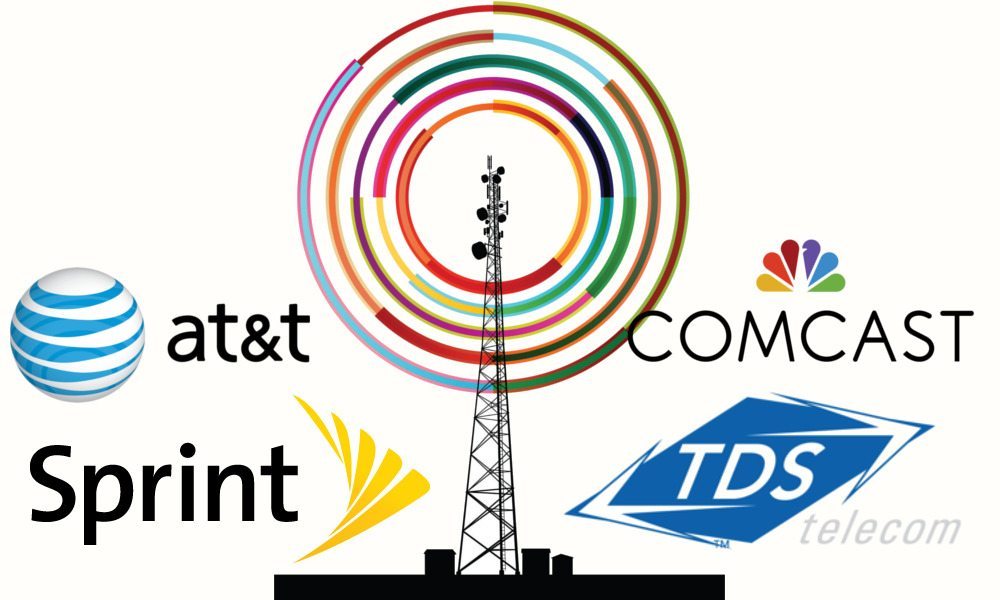FCC Rules U.S. Devices Can Use EU Satellites to Boost Location Services

Toggle Dark Mode
U.S. smartphone users may get a boost to their GPS accuracy and reliability thanks to a new Federal Communications Commission order.
More specifically, the FCC did away with regulations on Friday that prevented U.S. cell users from accessing data from the European Union’s Galileo Global Navigation Satellite System — essentially the European analog to the U.S. Global Positioning System (GPS).
Galileo Support Disabled
A good portion of current flagship smartphones, tablets and wearables already sport chips that are able to use Galileo location services data. But in the U.S., the FCC had rules in place that barred ground stations from contacting foreign satellites. Because of that, Galileo support was disabled in software in most U.S. devices.
But in a decision today, the FCC has ruled that U.S. consumer device can now access the Galileo system, according to TechCrunch. That will allow device makers to enable access — and in turn, offer significantly improved location services to users in the country.
“This breakthrough serves the public interest across many areas of our economy, including the automotive, aviation, rail, maritime and agriculture industries,” FCC Chairman Ajit Pai said in a statement.
Pai added that the change could aid emergency services in the wake of accidents and disasters, and even make it easier for mariners to navigate. That’s in addition to the obvious benefits to consumers.
While the Galileo satellite network was put in place by the EU, it’s actually a global system made up of 26 satellites (out of a planned 30 in total). That should allow the Galileo system to augment GPS for U.S. users with better accuracy, and other features like altitude positioning.
<iframe width=”560″ height=”315″ src=”https://www.youtube.com/embed/6oEcc58tEiA?rel=0″ frameborder=”0″ allow=”accelerometer; autoplay; encrypted-media; gyroscope; picture-in-picture” allowfullscreen></iframe>
Because of that, devices that support it could see massive bumps in availability, reliability, and resiliency of position, navigation and timing services in the U.S., the FCC said.
On the other hand, the FCC points out that U.S. devices aren’t granted access to the Galileo E6 signal since that band isn’t supported in the U.S. But the FCC decision does allow access to Galileo’s E1 and E5 signal bands.
The EU first developed the Galileo network in response to GPS being a U.S.-managed system that was, for a while, artificially limited in accuracy. Because of that, Russia, China and Europe soon started working on their own location solutions. The EU’s Galileo system went live in 2016.
Apple, among other device makers and OEMs, should now have the opportunity to activate Galileo signal support in compatible iOS devices with a software update.
iPhone 8 First to Implement
The iPhone 8 was the first device that implemented Galileo support. Other devices from 2017 and 2018, including the iPhone XS, iPhone XR and Wi-Fi + Cellular models of the new iPad Pro, are also compatible with the European system.
If you’re curious, an expanding list of compatible devices is available on this EU website.






